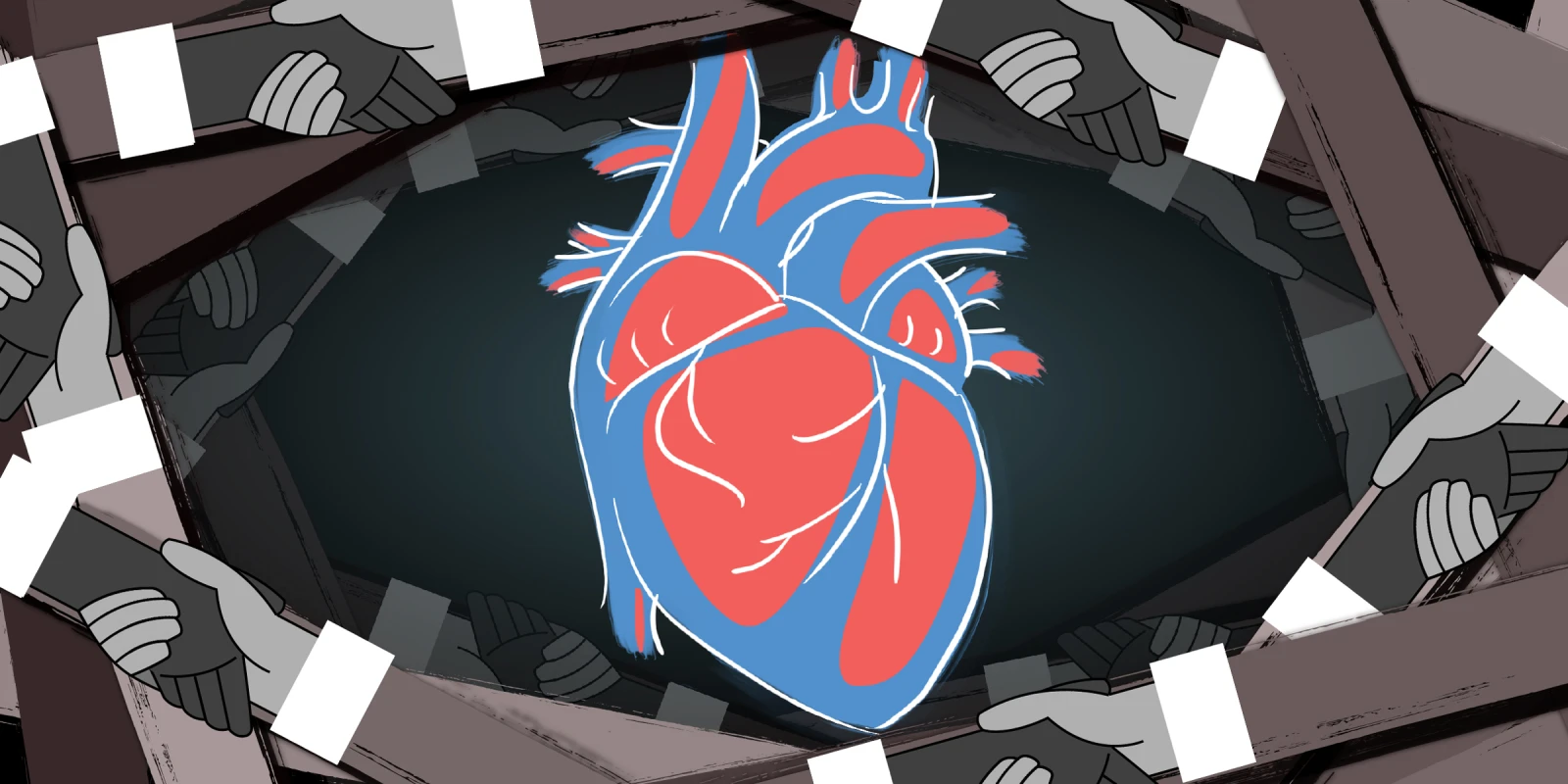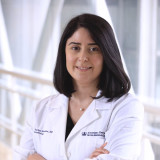Before the COVID-19 pandemic hit in March 2020, Heart Failure Society of America (HFSA) Annual Scientific Meeting 2019 was the last conference I attended in person. In many ways I was looking forward to this conference being in person, so we could come full circle and celebrate the end of the pandemic. As I write it today, I realize we are nowhere near, especially in the south of our country.
In 2020, the HFSA Annual Scientific Meeting was entirely virtual. There were barely any audio-visual problems, sessions started and ended on time, perhaps because they were pre-recorded and could not be running overtime. We also had minimal distraction such as getting to the lecture halls, finding a seat or feeling cold. Sessions were available live and many on demand after the end of the conference. This was all at the cost of not meeting with colleagues in person, socializing, and networking. However, Twitter helped make up for that as participants used #HFSA2020 to address highlights from the conference presentations and engage in discussions around the latest-breaking science.
The HFSA Annual Scientific Meeting 2021 was a great conference to update my knowledge base on cutting-edge science over the span of four days. The meeting was held in Denver, Colorado at the Gaylord Rockies Resort and Convention Center. It was available in person, live, and on-demand. HFSA showed a strong multidisciplinary presence as it always does; physicians, pharmacists, nurse practitioners, nurses, trainees, scientists, and all other health care professionals were featured through poster presentations, moderating, and presenting. This is primarily because it takes a village to care for our heart failure patients, but also, because HFSA chooses to stand for multidisciplinary representation.
As I attended several sessions, it was evident to me that the presentations occurring at the scientific meeting were a reflection of the events that occurred in the U.S. since the summer of 2020. The long-standing health care disparity amongst Americans has only grown larger during the COVID-19 pandemic, evidenced by the disproportionate impact of the pandemic on marginalized communities resulting in health inequities. Discussions of equity-based health care and access to services have become part of the discussion of the scientific arena. There have also been larger discussions highlighting the unique challenges that women face in the workplace.
In addition, by simply glancing at the program, one could appreciate the effort to organize panels with the gender parity principle. Certainly, this was no coincidence and required a lot of attention and dedication from the planning committee and the HFSA as a whole. But this was especially more difficult to accomplish in light of the increasing number of COVID-19 infections in parts of the country, while institutions were reinstating travel bans, and as a result preventing many from attending in person.
Several awards were given during the scientific meeting. Those extraordinary recipients gave phenomenal speeches. If the word inspiring was ever to be used, this was the time. The meeting touched on the "new" kid on the block: the SGLT-2 inhibitors, as well as the challenges around adopting guideline-directed medical therapy, the approach to treating infiltrative cardiomyopathies such as amyloid and sarcoid, how the updated Heart Transplant allocation system adopted in 2018 has served us, and new innovations in heart transplant, amongst many others.
I got to present this year at the meeting for my first time at a national conference of HFSA’s caliber. I shared the session with leaders in the field such as Drs N. Albert and B. Bozkurt. This was a growing experience and another testament to HFSA’s interest and investment in mentoring and building another generation of leaders in the field.
This was an outstanding conference to learn from pioneers in the field. It was great seeing colleagues in the field. This is exactly why we attend conferences. The spirit of camaraderie, networking, and collaboration filled every lecture hall and hallway at the convention center.
Sarine is a Board Certified Acute Care Nurse Practitioner working as a CCU/ Cardiology Nurse Practitioner at the Columbia University Irving Medical Center/ New York-Presbyterian Hospital in New York City. Sarine can be contacted at sbeukian@gmail.com. Sarine reports no conflicts of interest.
Illustration by April Brust





